As COVID-19 Pandemic Approaches Fifth Anniversary, What’s Next?
On March 11, 2020, the World Health Organization declared COVID-19 a pandemic after more than 118,000 cases in 114 countries. As we approach the five-year anniversary of the global public health emergency, there are still many uncertainties about how prepared the United States is for the next public health crisis.
For your continuing coverage about the evolution of the COVID-19 pandemic and a look back from where we started, here are a few Syracuse University public health and geographical experts for consideration:
The impact of wastewater surveillance beyond COVID-19
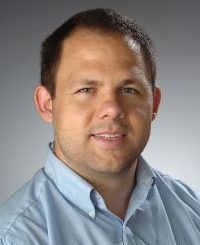
David Larsen is Chair of the Department of Public Health in Syracuse University’s Falk College. Larsen’s expertise includes global health, large data analysis and spatial statistics, and sanitation.
Not long after COVID-19 was named a global pandemic, Larsen assembled a team of researchers to begin developing the wastewater surveillance technology that would eventually become critical to New York State’s response to the disease. The New York State Wastewater Surveillance Network tests for COVID in at least one wastewater treatment plant in all 62 of the state’s counties, covering a population of 15.4 million. The New York State Wastewater Surveillance Network dashboard provides the most recent statistics regarding the network.*
Professor Larsen has spoken extensively with news outlets about COVID-19, including ABC News, STAT News, Fortune Well, Voice of America and others.
*Information provided by Syracuse U. News stories from August and Sept. 2024.
Vaccines and the enduring work of public health workers
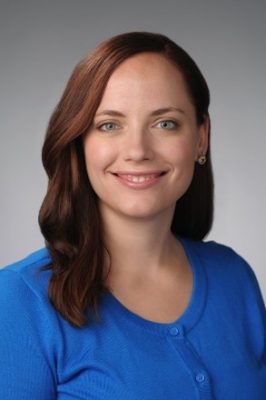
Brittany Kmush is an associate professor in the Department of Public Health at Syracuse University. Her areas of specialization include vaccines, infectious diseases, epidemiology, global health, and immunology and environmental exposures, particularly within the context of risks for infectious diseases.
Kmush has been interviewed by the media multiple times for stories about COVID-19 and anti-vaccination trends including by the BBC, Reuters, Newsweek and Giddy.com.
How COVID-19 will help us approach future health crises
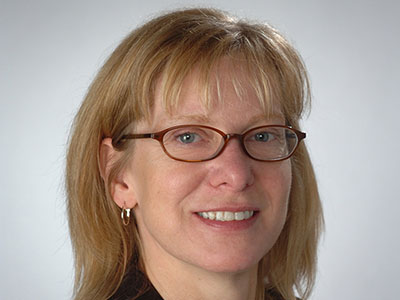
Lisa Olson-Gugerty is an associate teaching professor in the Department of Public Health at Syracuse University. She teaches undergraduate courses that focus on health promotion, health and disease, and healthcare administration. She is a family nurse practitioner and maintains an outside practice as an emergency healthcare provider at a regional community healthcare center.
She can speak to many public health topics on circulating viruses, illnesses and how to treat them. Previous interviews have been with USA Today, Parade, WSTM-TV (Syracuse) and many others.
Understanding environments where viruses spread from animals to humans
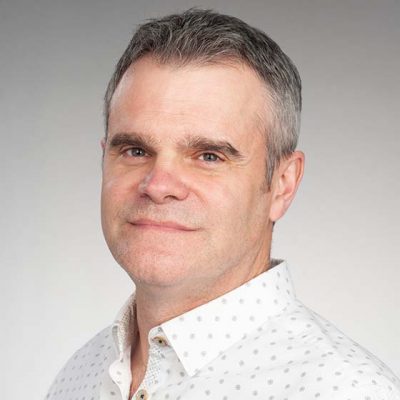
Robert Wilson is an associate professor in the Geography and the Environment Department at Syracuse University’s Maxwell School.
His research specialties include environmental history, environmental humanities and animals and society. He contributed to the book “Humans and Animals: A Geography of Coexistence” which explores how the intertwining lives of all animals has impacted the environment, politics, economies and global culture of the 21st century.
How optimism and pessimism influence well-being
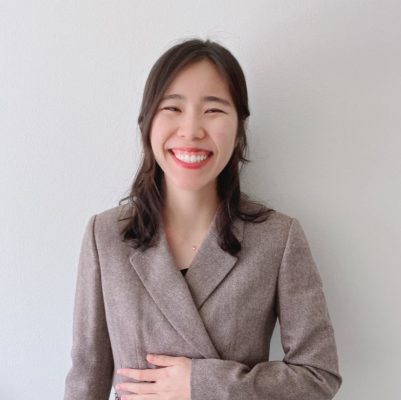
Jeewon Oh is an assistant professor of psychology in Syracuse University’s College of Arts and Sciences.
Professor Oh led a team of researchers from Syracuse University and Michigan State University that explored the personal characteristics that help people handle prolonged stressors, such as the COVID-19 pandemic. The group delved into optimism and pessimism and how those mindsets influence well-being. Their findings appeared in the Journal of Research in Personality and you can read more in this Syracuse University news story.
Syracuse has additional experts that can speak to topics connected to the pandemic. For more information or to request an interview with any of these professors, contact:
Daryl Lovell
Associate Director of Media Relations
Division of Communications
M 315.380.0206
dalovell@syr.edu | @DarylLovell



